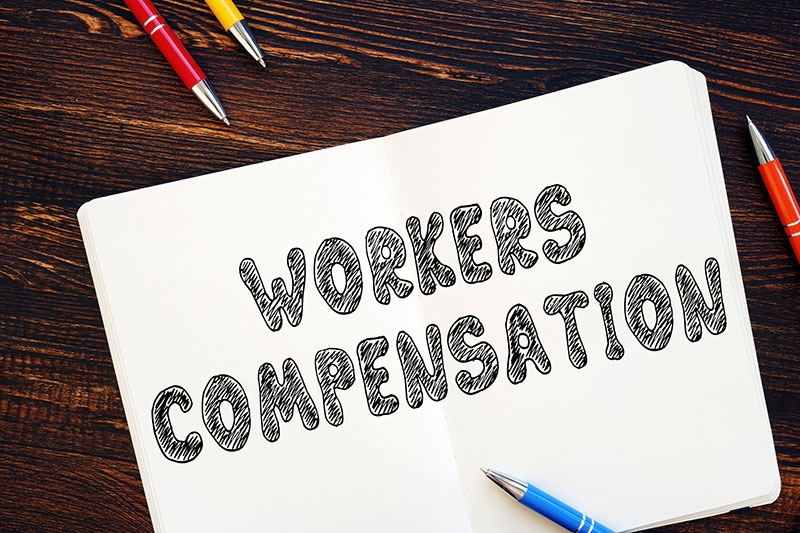Workplace injuries and illnesses may be eligible for workers’ compensation benefits. Apart from workplace accidents, employees may sustain injuries or occupational illnesses that develop over time. Now, amidst Covid-19, workers may also acquire this infectious disease following on-the-job exposure. Attorneys handling workers’ compensation claims or cases utilize medical review services to understand the medical aspects involved and obtain a reliable medical case summary. If a workers’ compensation claim is approved, the employee will receive medical coverage, lost wages, and other benefits.
What Type Of injuries Are Covered By Workers’ Compensation?
- Injuries to the Back and Neck While on the Job: These types of injuries may result from lifting or moving heavy objects or from other work-related activities.
- Cumulative Trauma: The worker may experience injuries such as carpal tunnel syndrome or other injuries such as those resulting from prolonged standing, lifting or other work activities, and consequent physical trauma from jobs that involve repetitive motions. Sometimes, back and neck injuries may also be caused by cumulative trauma.
- Heart Attack and Stroke: Compensable claims include heart disease, hypertension, or conditions that cause strokes and other medical problems worsened by the nature of job.
- Injuries and Illnesses due to Occupational Exposure: Hearing loss, asthma, lung disease, allergies, and cancer resulting from the working conditions may be compensable.
- Auto Accidents: If an employee is injured while driving between work sites, on the way to training or work-associated meetings, or while performing work-related odd jobs, he/she may be eligible for workers’ compensation. However, injuries sustained during regular commuting are not usually covered though there are exceptions.
- Slip, Trip and Fall Injuries: Debris or liquids on walkways, floors, sidewalks and parking lots, or even small cracks and crevices in these areas can cause a worker to sustain a slip and fall injury.
- Communicable Diseases Contracted at the Workplace: These include hepatitis, AIDS, TB, and valley fever, and now COVID-19 infection.
- Psychiatric Injuries Related to Work: For such injuries such as stress, the claimant needs to prove that his/her job was the “predominant” cause of the injury. The employee must have worked for the employer for at least six months.
- Death Due to a Work-related Injury or Illness: In such cases, the eligible dependents (typically the spouse, children, and other family members who lived with and depended on the employee for financial support) may be able to collect the workers’ compensation death benefits.
Now, a word about Covid-19 infected or exposed employees. These workers may be eligible for workers’ compensation benefits including temporary disability benefits while they are quarantined. Claim eligibility depends on state law and the worker’s specific circumstances. Also, the claimant has to show that he/she was exposed while working and that their job posed a special risk of exposure beyond the risk for the general public. Jobs with this kind of special risk are those of healthcare providers and first responders.
Whatever be the type of injury or illness sustained by the employee, medical record organization and management is a major requirement for the attorney handling the claim. The injury or illness must be reported as early as possible because time is of the essence in a workers’ compensation claim. If there is a delay in reporting the injury or occupational illness and filing the claim, the payer may deny the claim, considering it illegitimate. During the claim investigation, the payer will require that the claimant is seen by a physician or at a medical facility they designate, even if the worker’s primary physician originally diagnosed the problem. Medical chart reviews help establish the connection between the injury/illness and the nature of the employee’s job.




